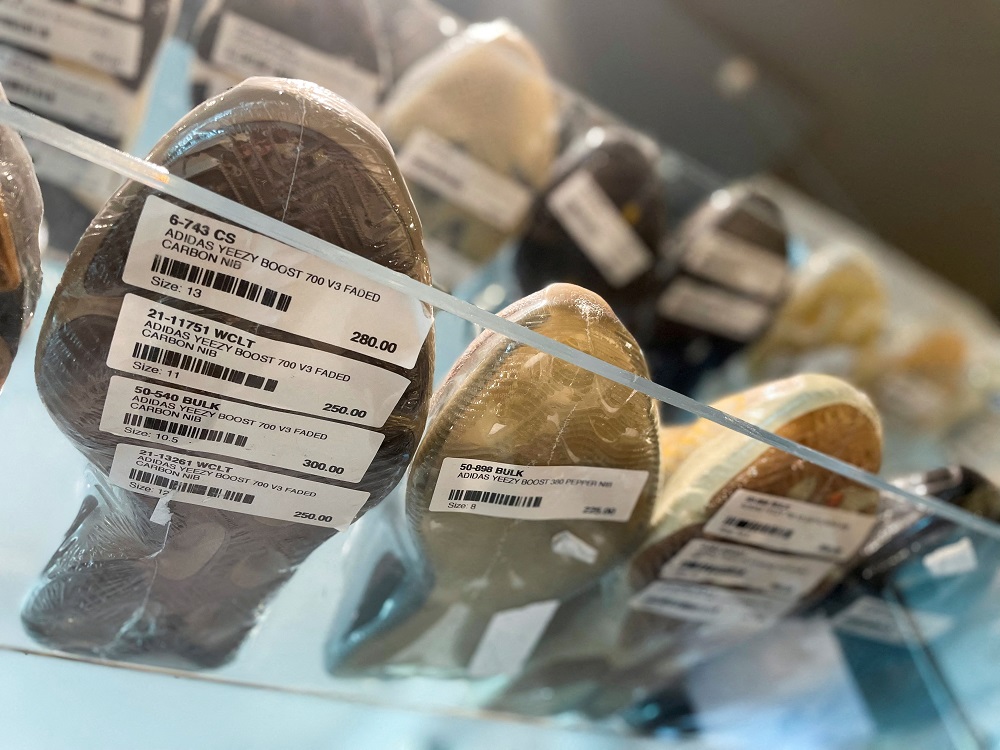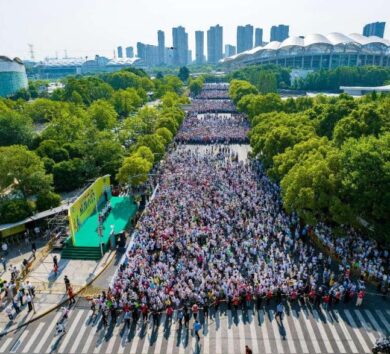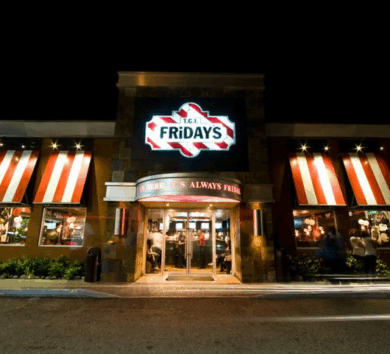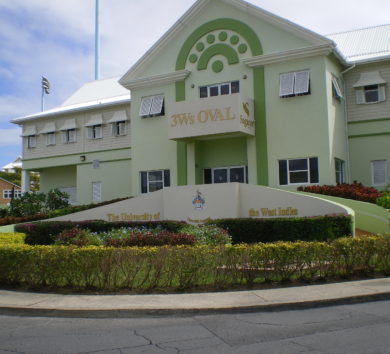

LONDON (Reuters)
Adidas, burnt by the end of its tie-up with the artist formerly known as Kanye West, needs a new focus but should think more tactically about fresh celebrity partnerships and not count so much on one personality, industry experts said.
New chief executive Bjorn Gulden today (March 8) stood by the company’s decision to cut ties with the rapper, known as Ye since 2021, but also pointed to the unique value of the Yeezy shoe brand, which became a key profit driver.
Sportswear firms have for years worked with celebrities, in lucrative but potentially risky deals. Speaking to reporters on Wednesday, Gulden said Adidas would keep partnering not just with athletes but celebrities and artists.
“It’s not a matter of either/or, you have to do both,” he said.
“You build credibility as a performance brand by being with athletes, but there’s very few athletes that you can do lifestyle with.”
PLEDGE TO TURN ADIDAS AROUND
Gulden did, however, hint at a change of emphasis at Adidas, saying the company needs to refocus on its core.
“You will see us invest in more sports, and be wider again than we have been, because that is also the DNA of this company,” he said.
Gulden, who took the reins on January 1, has pledged to turn Adidas around after it warned of a possible €700 million operating loss this year as a result of cutting ties with Ye.
The scale of the hit shocked investors as Adidas had not previously disclosed the revenue generated by Yeezy, the result of what the company said in 2016 was “the most significant partnership ever created between a non-athlete and an athletic brand”.
Six years after calling Ye a “creative pioneer” with “visionary imagination”, Adidas ended the collaboration citing “unacceptable, hateful and dangerous” comments made by the star on social media and in interviews starting in October last year.
“To me it’s about diversification, but also about that specific celebrity or athlete maybe not being as risky as this one was.”
Cristina Fernandez, senior research analyst at Telsey Advisory Group in New York
In learning from this episode, Adidas could be more cautious in selecting celebrities to partner with, and make sure it spreads its bets, said Cristina Fernandez, senior research analyst at Telsey Advisory Group in New York.
“To me it’s about diversification, but also about that specific celebrity or athlete maybe not being as risky as this one was.”
One example of a long-lived and lucrative relationship is the 38-year partnership between U.S. sportswear giant Nike and Michael Jordan for the Air Jordan line of basketball shoes and clothing.
YEEZY LINE MOST SUCCESSFUL
The Jordan brand brought in US$5.1 billion of sales in Nike’s 2022 fiscal year, up seven per cent from 2021, according to the company’s 2022 annual report.
While Adidas has worked with celebrities including Beyonce, Pharrell Williams, Stella McCartney and Rita Ora, and last month launched a new label with actor Jenna Ortega, the Yeezy line has been the most successful.
“Partnerships with celebrities clearly play a big role, but there is a risk because the person you partner with can go off the rails,” said Mario Ortelli, managing director at luxury and high-end retail advisory firm Ortelli & Co.

Ortelli said Adidas has been spreading itself too thinly with celebrity partnerships and collections with brands including Balenciaga, Gucci, Prada, and Moncler.
Gulden said brand tie-up announcements were delayed due to the pandemic, resulting in several being unveiled in quick succession.
“We will work with brand partners in the future, but probably not four within 18 months,” he said.
SHARES UP
On the whole, investors back Gulden, previously CEO of neighbour and rival Puma, to turn Adidas around: its shares are up 23 per cent since his appointment on November 8.
“The CEO has come from a story of fantastic growth [at Puma],” said Ortelli.
“Let’s see if he can make the same magic at Adidas.”







Comments